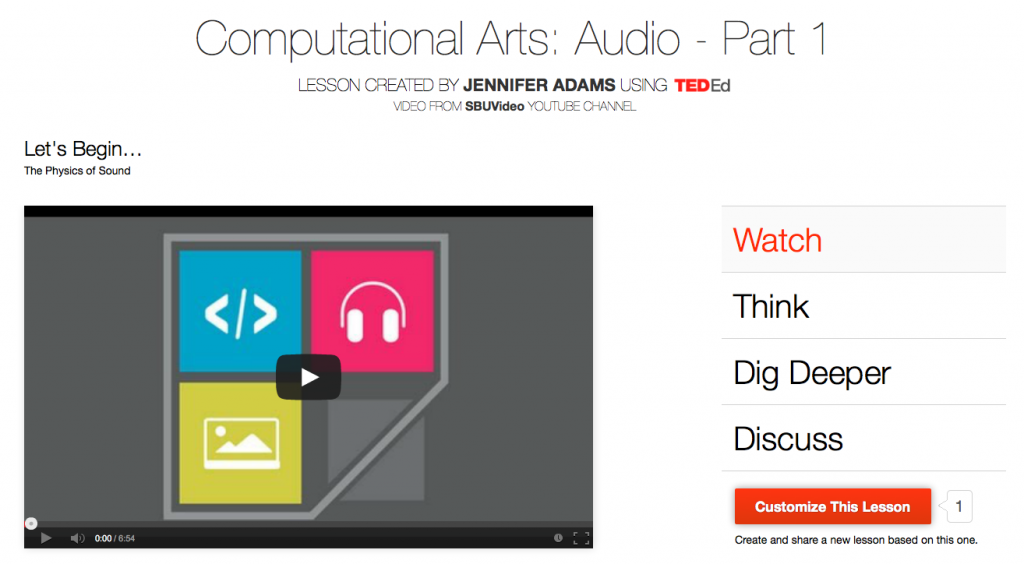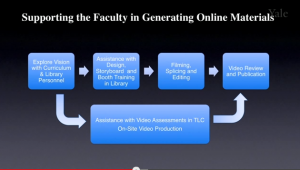At the Coursera Partner’s conference that I recently attended in Boulder, CO; one of the speakers was Ashok Goel from Georgia Tech. He got up on stage and spoke of his experiences using an A.I. agent as a teaching assistant, side by side with human teaching assistants, unbeknownst to the students in the course. There were wonderful stories and you can read some of these here at this link.
But I’m at a conference about massively scaled courses. So, the obvious tie in is the concept of scaling the instructors (I mean TAs – cough.) I think the truly interesting part will be when content experts and A.I.s start to have in depth discussions with one another about the subjects. Hopefully there will be recordings!





